Admirable Nelson
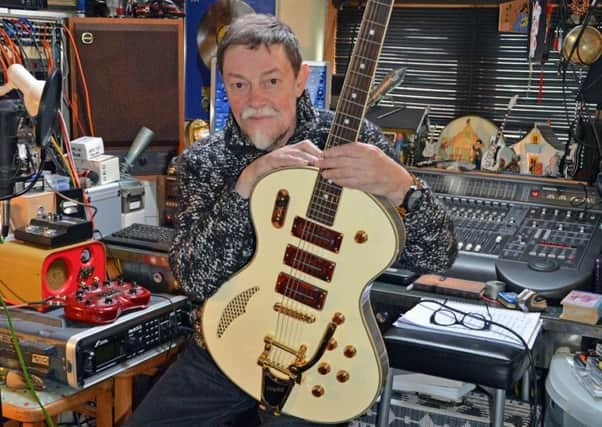

Wakefield-born Bill Nelson has achieved all that and he is still prolific. He turns out an impressive number of unique experimental albums each year from his sleepy village, near York.
He is a musician who has absorbed influences from his hero Duane Eddy to Jimi Hendrix and musical styles ranging from Glenn Miller to John Cage, and from glam rock to ambient.
Advertisement
Hide AdAdvertisement
Hide AdNever seeing himself as a rock star, he is just a musician pure and simple who wants to keep developing in his chosen art form. He attended Wakefield College of Art in the early 1960s, one of the club of art school rockers who switched careers to music; they include Pete Townshend, Keith Richards and Ray Davies.
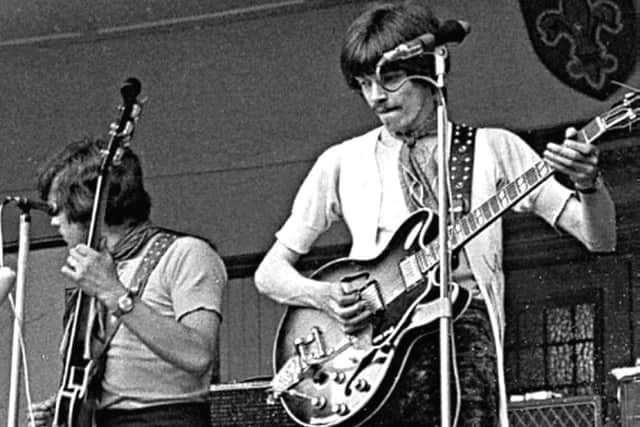

In recent years record companies have released lavish box sets that gather together some of Nelson’s early work, as well as presenting never-heard-before tracks and different interpretations of better-known songs.
In his own words he ‘never thought this would ever be possible for a kid from a Wakefield Council estate’.
Around tea time in Wakefield on December 17, 1948, Bill’s mother, a former tap-dancer, felt slight labour pains. She did not mention anything to her Newcastle-born husband, a Vallance’s electrical shop manager and a semi professional saxophone player. He was about to set off to play at the Wakefield Lord Mayor’s Christmas Ball and she did not want to stop him playing that night. When he returned, much later, he watched his son Bill being born in the early hours of December 18.
Advertisement
Hide AdAdvertisement
Hide AdEarly schooling was at the Wakefield Colleagiate private school as his parents considered he was a ‘delicate child’.
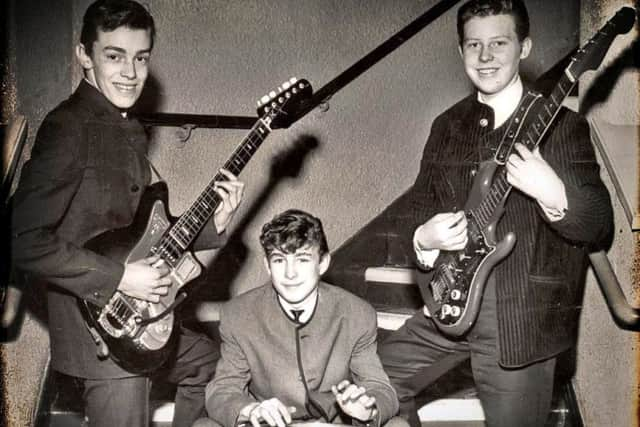

At this school there was an emphasis on the arts and he took ballet and elocution lessons, but he never mentioned that to his friends on Wakefield’s Eastmoor Council estate where the family had moved when he was four.
With his father being an accomplished saxophone player, Bill tried to learn the instrument at eight, but without success, turning to the guitar instead. His early musical influences were the 78 rpm records in his parents’ collection which featured Bing Crosby, Benny Goodman, Glenn Miller and Freddy Gardner, one of the UK’s most popular saxophonists.
Self-taught on the guitar from the age of 10, he progressed from acoustic to electric instruments and absorbed the influence of rock and roll, becoming a life-long fan of Duane Eddy. He was also mesmerised by the instrumental guitar music of the Ventures, Spotnicks and Shadows which was heard on a transistor radio tuned to Radio Luxembourg.
Advertisement
Hide AdAdvertisement
Hide AdMaking up tunes with only one finger on a piano is a talent he nurtured from a very early age. He was a member of a number of bands and his first performance was at an annual concert in Ings Lane School, Wakefield, where he played instrumental numbers.
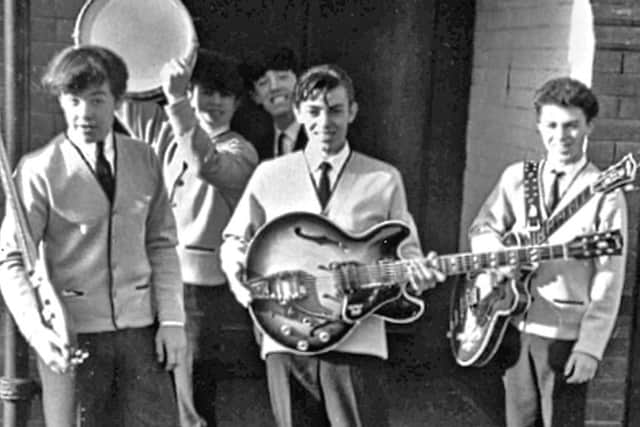

Moving on to the art college in the early 1960s, Bill had to leave after just over four years as his father became ill. He took a job to supplement the family income at Wakefield’s County Supplies (later the Yorkshire Purchasing Organisation).
Over time, among the bands he played in were Route 66, Purple Tangerine Snowflake and Global Village. Delving deep into his song writing talents he produced a solo album, Northern Dream. This attracted the attention of Radio 1 DJ John Peel, who played an entire side of the album one day on his programme.
Leaving behind his day job and turning professional, a further big break came in 1973 when his band, Be Bop Deluxe – a name chosen at random from a long list of possibilities – was signed by EMI. As the song-writing front-man, Bill produced some of the most outstanding music of the decade. The band enjoyed chart successes with singles Ships in the Night, Maid in Heaven, Panic in the World and albums such as Axe Victim, Futurama and Drastic Plastic.
Advertisement
Hide AdAdvertisement
Hide AdFollowing national and international tours, Bill was restless, wanting to experiment further and broke-up Be Bop Deluxe to form Red Noise. With this band he achieved moderate success, people not really grasping the shift in music style although the only album - Sound-on-sound – produced with this band is very highly regarded today.
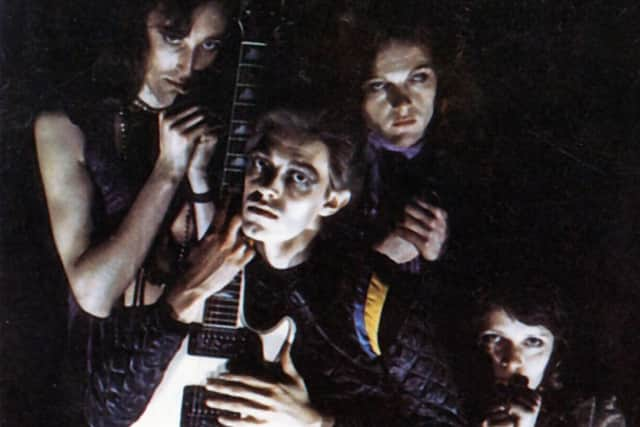

From then on, Bill embarked on solo projects. He also found time to produce other artists like the Skids, A Flock of Seagulls and Gary Numan. He has played as guest guitarist on numerous albums, including three tracks of John Cooper-Clarke’s Disguise in Love album working with legendary producer Martin Hannett.
Many of his present recordings are made in the comfort of his home.
He has made in excess of 50 albums and this energetic output is meticulously documented on a marvellously imaginative website, Dreamsville. Interestingly, on there he has placed sections of his diaries under the name Diary of a Hyperdreamer.
Recently he was described as ‘one of the most underrated guitarists of the seventies art rock movement’. Last year, he was recognised with the Visionary prize at the Progressive Music Awards.